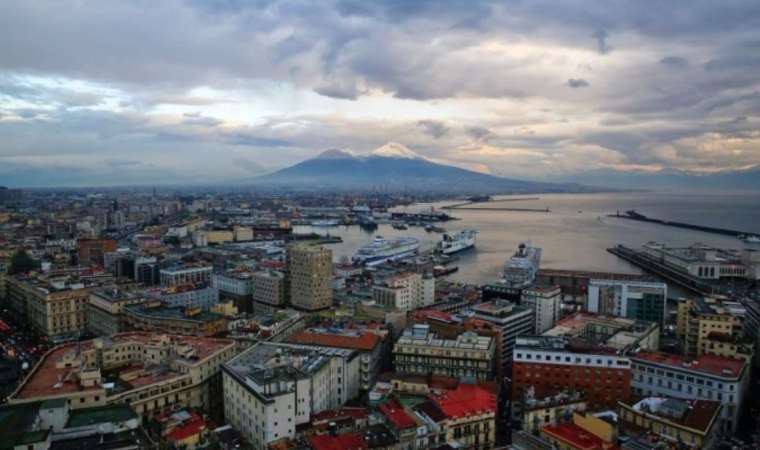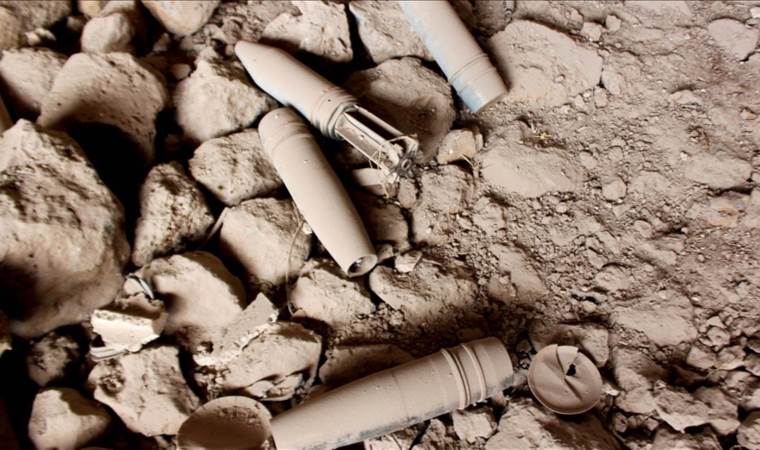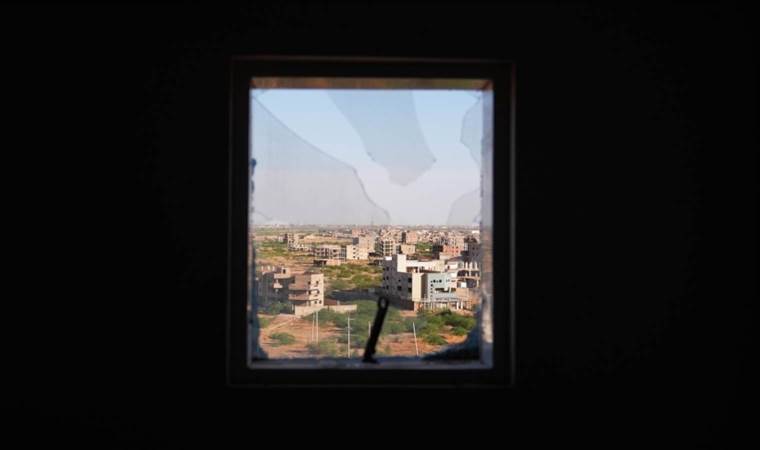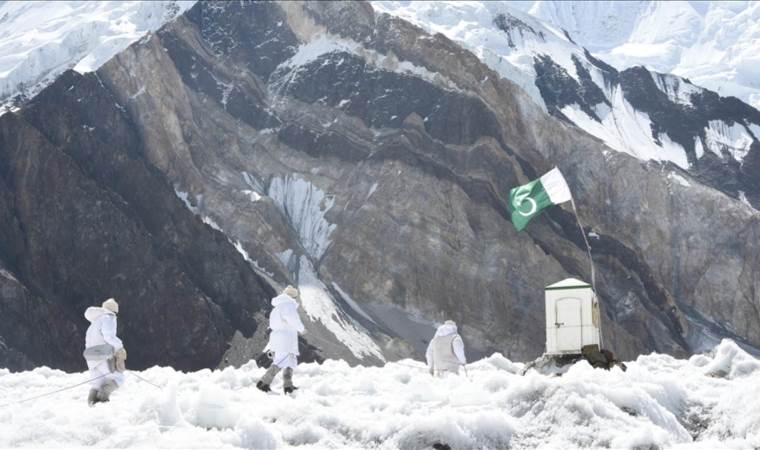Earthquakes hit Italy super volcano, raising spectre of evacuations
A leading volcanologist has warned that mass evacuations might be needed in a town close to Naples, which sits on a so-called Super Volcano that has been hit by hundreds of small earthquakes in recent weeks.

A 4.2 magnitude earthquake struck the area early on Wednesday, the strongest jolt in 40 years to rattle the volcanic field, known as the Campi Flegrei or Phlegraean Fields from the Greek word for burning.
Campi Flegrei sits across the bay of Naples from Pompeii, where thousands were incinerated by Mount Vesuvius in 79 AD. However, it is a much bigger volcano than Vesuvius and if it ever exploded at full force could kill millions.
Experts say there is no imminent threat of an eruption, but Giuseppe De Natale, the former head of the Vesuvius observatory at the National Institute for Geophysics and Volcanology (INGV), called for urgent checks on buildings after repeated seismic activity that is pushing up the ground by 1.5 cm (0.59 inches) a month.
Speaking in a personal capacity, De Natale said the last time Campi Flegrei suffered a similar burst of earthquakes in the 1980s, some 40,000 people were temporarily evacuated from nearby Pozzuoli. The town now has a population of more than 80,000.
"Currently, I believe the more immediate risk is seismic. But it is clear that one must also consider the possibility of an eruption," he told Reuters.
He said if there was an eruption, it would be a phreatic, or steam-blast eruption -- which are generally relatively weak and devoid of new magma -- at least initially.
There was no sign of structural damage in the area after Wednesday's tremor.
De Natale confirmed a report in Corriere Della Sera newspaper that he had written to the government last week suggesting possible evacuations. A local official said his recommendation was being reviewed.
The Campi Flegrei are similar to the Yellowstone caldera in the U.S. state of Wyoming but of more concern because they are in an area populated by around 3 million people in the Naples hinterland.
The Campi Flegrei caldera has a diameter of about 12-15 km (7.5-9.3 miles) and last erupted in 1538. One of its biggest eruptions took place some 39,000 years ago and might have led to the extinction of Neanderthal man, researchers say. Magma from that blast has been found in Greenland, some 4,500 km away.
Volcanologists say thousands of small tremors in the area since 2019, which have grown in intensity this year, might be being triggered by tongues of magma pushing up into the subsurface of the volcano at a depth of about 5-6 km.
The INGV says that on average more than 3,000 tons of CO2 are being released each day from the volcanic field. A typical U.S. passenger vehicle emits about 4.6 metric tons of CO2 a year.
Most Read News
-
 Germany offers Syrians up to $4,555 to return home
Germany offers Syrians up to $4,555 to return home
-
 Despite stated ban, Spain continues to buy arms from Isr
Despite stated ban, Spain continues to buy arms from Isr
-
 China denies having talks with US on tariffs
China denies having talks with US on tariffs
-
 60 militants from paramilitary RSF killed in North Darfu
60 militants from paramilitary RSF killed in North Darfu
-
 Nearly half of Americans now live with dangerous air qua
Nearly half of Americans now live with dangerous air qua
-
 Zelenskyy partially cancels South Africa visit in wake o
Zelenskyy partially cancels South Africa visit in wake o
-
 Britain lifts sanctions against Syrian defense, interior
Britain lifts sanctions against Syrian defense, interior
-
 Pakistan says any Indian attempt to divert, stop flow of
Pakistan says any Indian attempt to divert, stop flow of
-
 Turkic world will continue to stand by Turkish Cypriots,
Turkic world will continue to stand by Turkish Cypriots,
-
 Recent Russian strikes on Kyiv were 'not necessary,' say
Recent Russian strikes on Kyiv were 'not necessary,' say










